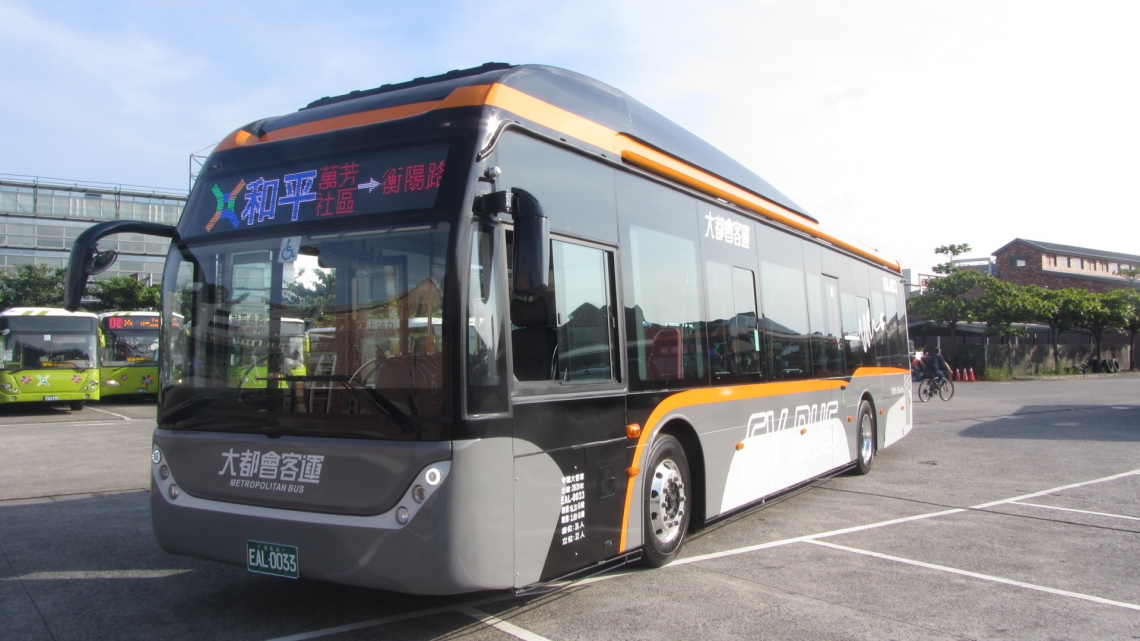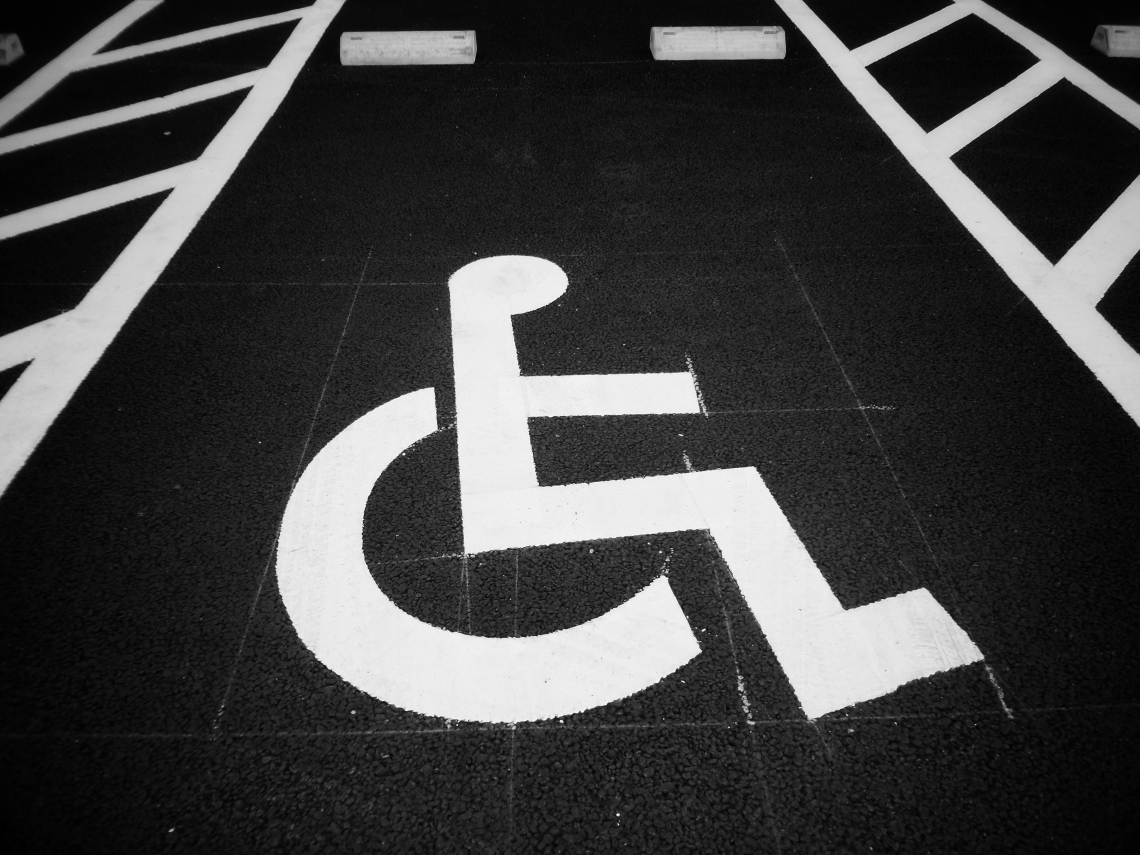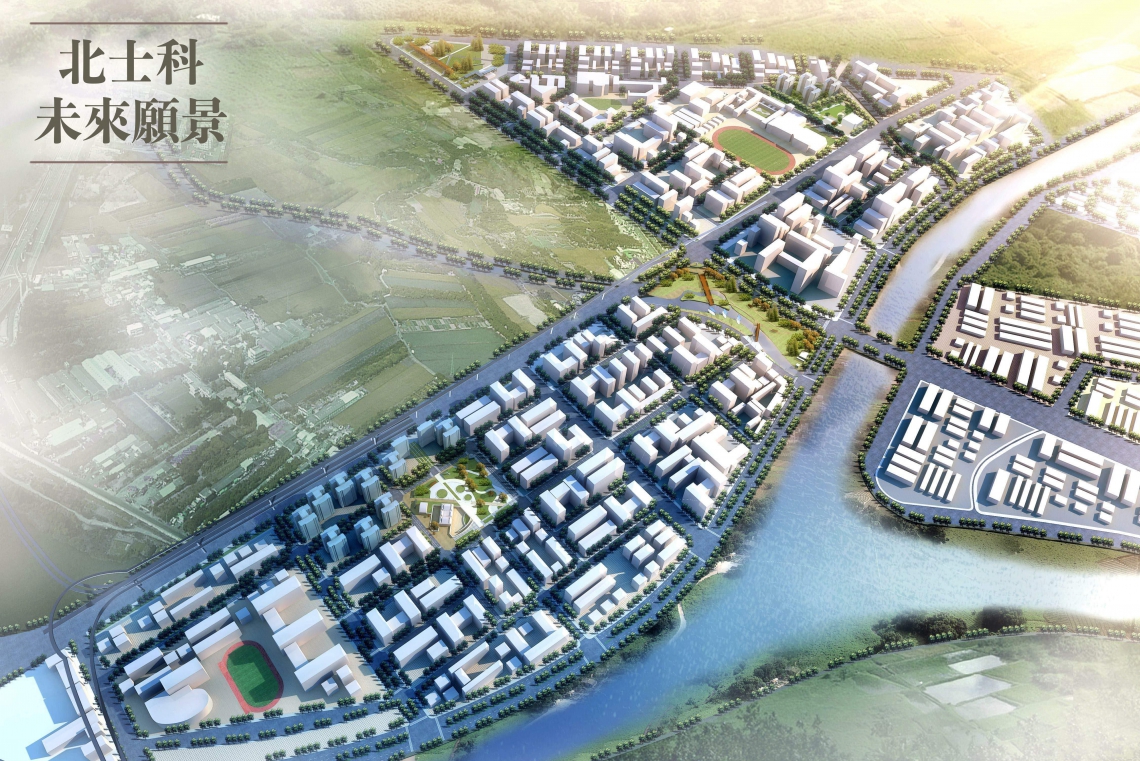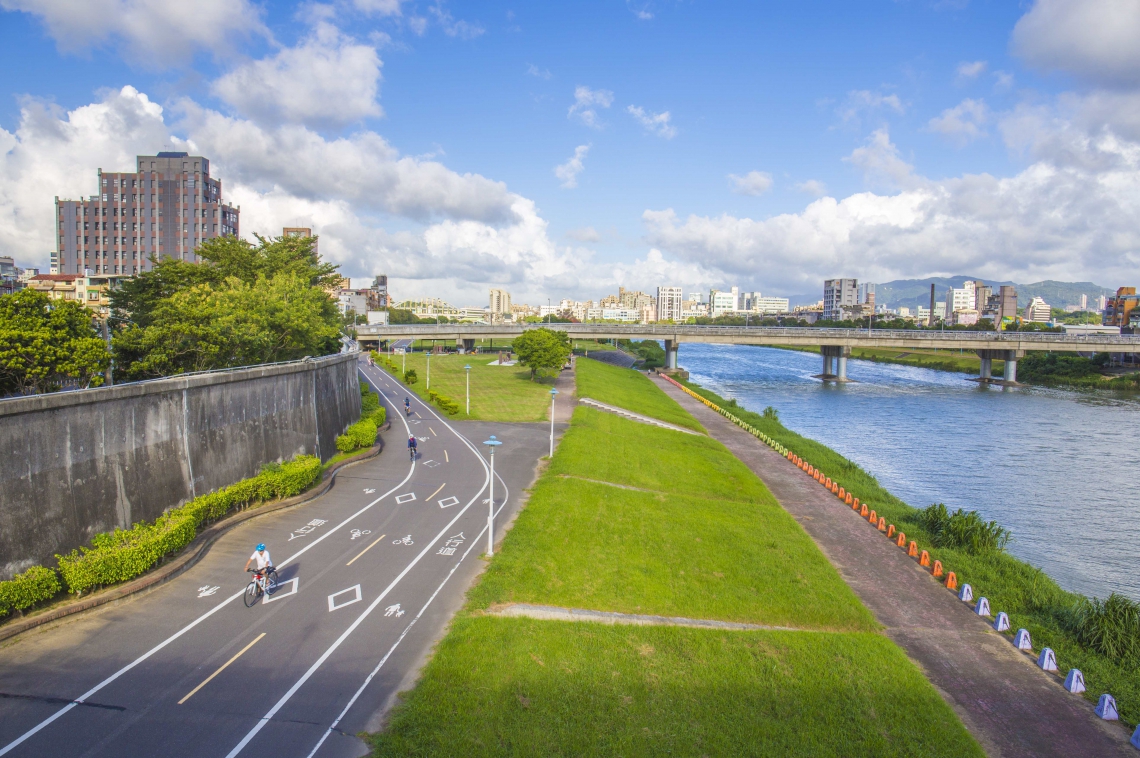
Develop quality, reliable, sustainable and resilient infrastructure, including regional and transborder infrastructure, to support economic development and human well-being, with a focus on affordable and equitable access for all.

Significantly increase access to information and communications technology and strive to provide universal and affordable access to the Internet in least developed countries by 2020.



